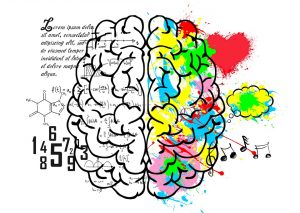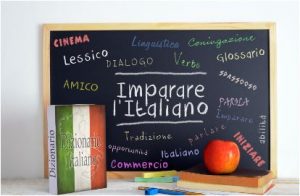“Le strategie cognitive sono rappresentate da basi che sostengono le codificazioni, la memorizzazione e il recupero delle informazioni” (Di Carlo, p. 1, 2017).

(Immagine del film Amarcord di Federico Fellini, 1973)
Bibliographical References / Citazioni Bibliografiche
Amarcord. Directed by Federico Fellini, PIC Distribuzione, 1973.
Connolly, Kate. “What Are Metalinguistic Skills and What Do They Look Like in My Child?” North Shore Pediatric Therapy, 2021. www.nspt4kids.com/parenting/what-are-metalinguistic-skills-and-what-do-they-look-like-in-my-child/
Di Carlo, Sergio. “Understanding Cognitive Language Learning Strategies.” International Journal of Applied Linguistics and English Literature, vol. 6, no. 2, 2017, pp 114-126. doi:10.7575/aiac.ijalel.v.6n.2p.114.
Freire, Paulo. Pedagogía Del Oprimido. México, D.F. :Siglo Veintiuno Editores, 1998.
Jung, Ji-Yung. “The Role of Metalinguistic Awareness in Multilingual Acquisition.” Teachers College, Columbia University Working Papers in TESOL & Applied Linguistics, vol. 13, no. 2, 2015, pp. 57–59., doi:https://doi.org/10.7916/D8GH9HJB.
Lahiri, Jhumpa. “Falling in Love with the Italian Language.” Interview by Stefano Albertini, October 4 2016. https://www.youtube.com/watch?v=9w_xnNZTpu4.
Catani, Marco & Mesulam, Massel. “The arcuate fasciculus and the disconnection theme in language and aphasia: History and current state”, Cortex, vol. 44, no. 8, 2008, pp. 953-961. https://doi.org/10.1016/j.cortex.2008.04.002
MosaLingua. “Come mantenere la motivazione ad imparare una lingua nel tempo.” https://www.mosalingua.com/it/come-mantenere-la-motivazione-ad-imparare-una-lingua-nel-tempo/#comments.
Nixon, Geoff. “Why are Metalinguistics Skills Important?” Gemm Learning, 2013. https://www.gemmlearning.com/blog/learning-issues/
Ricordi? Directed by Valerio Mieli, Icarus Films, 2019.





 Ricordi? Remember? (2019, directed by Valerio Mieli)
Ricordi? Remember? (2019, directed by Valerio Mieli) 